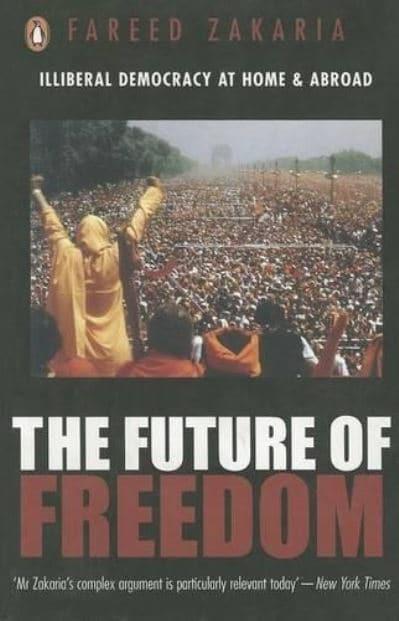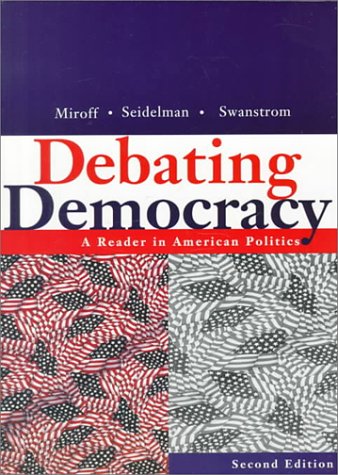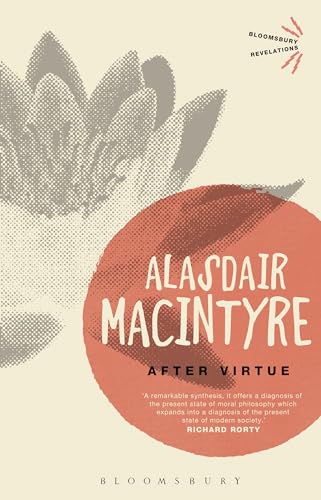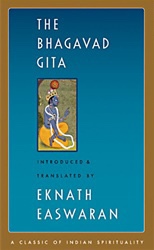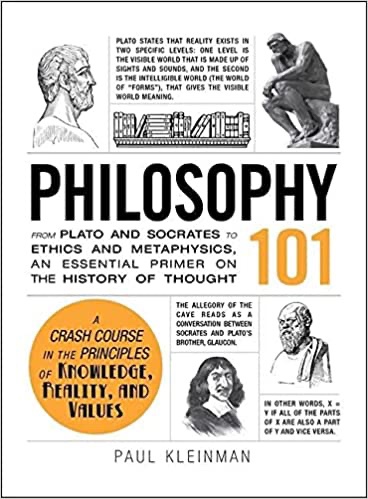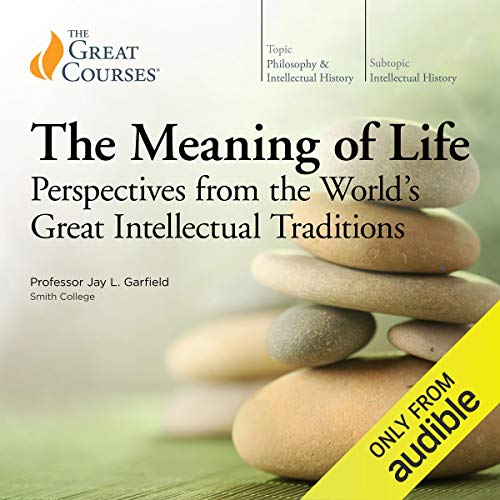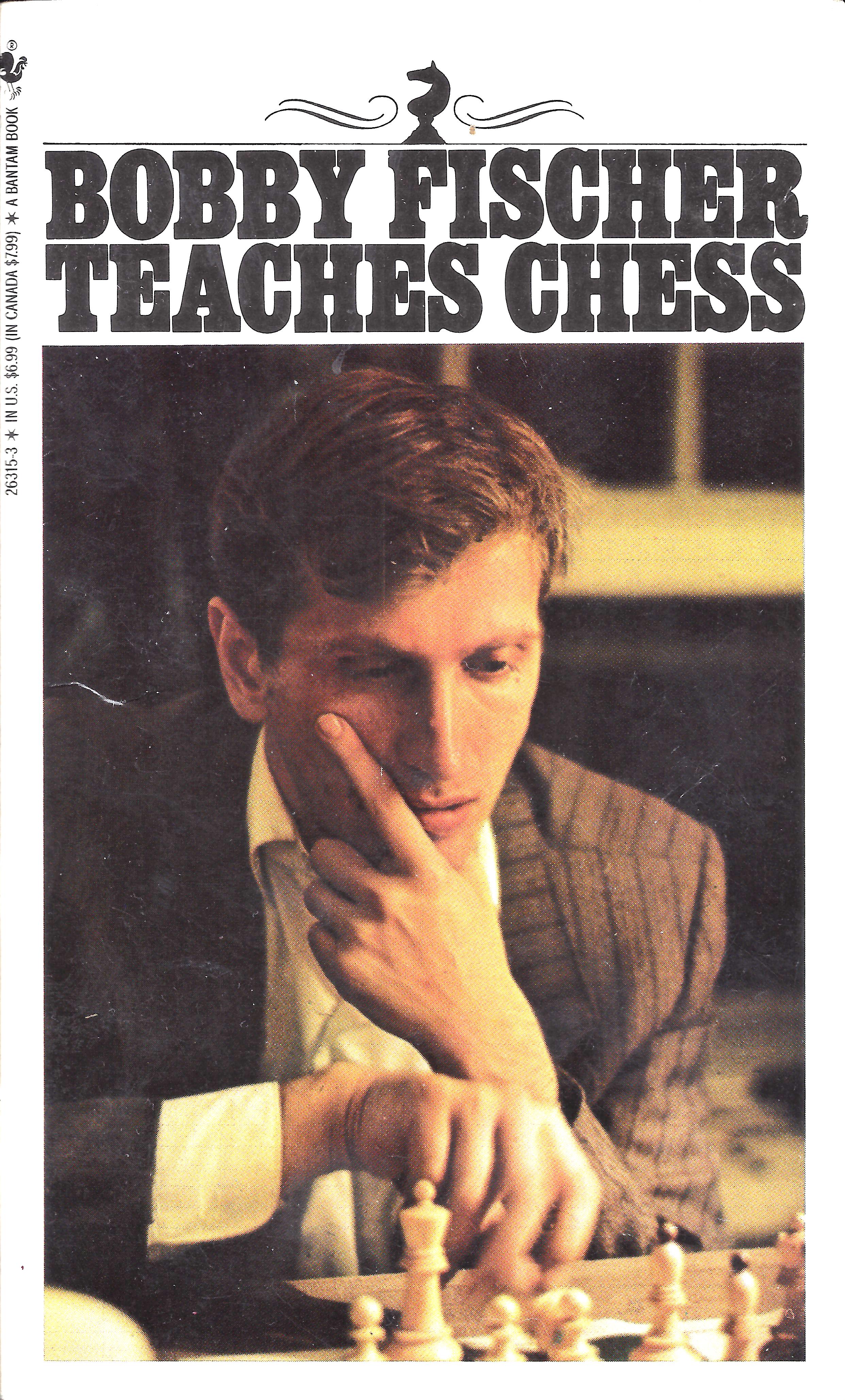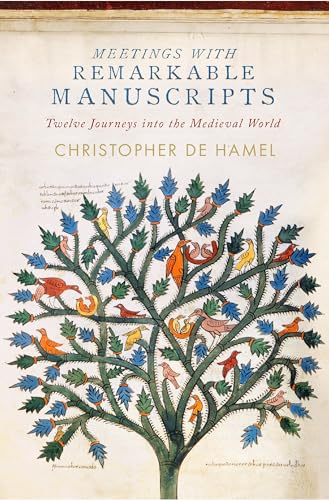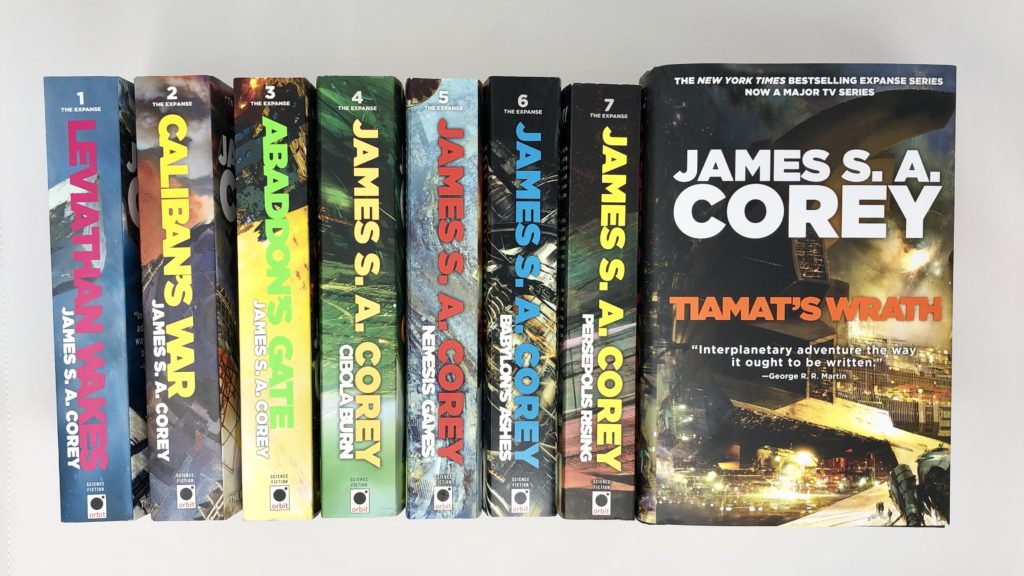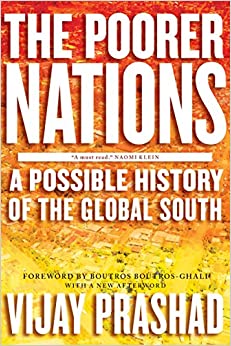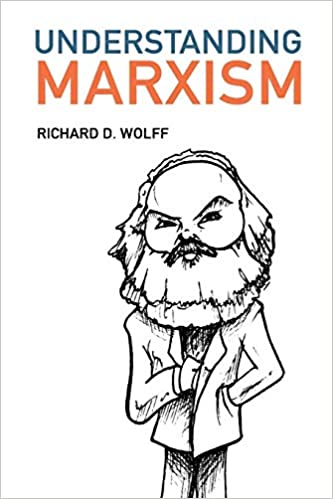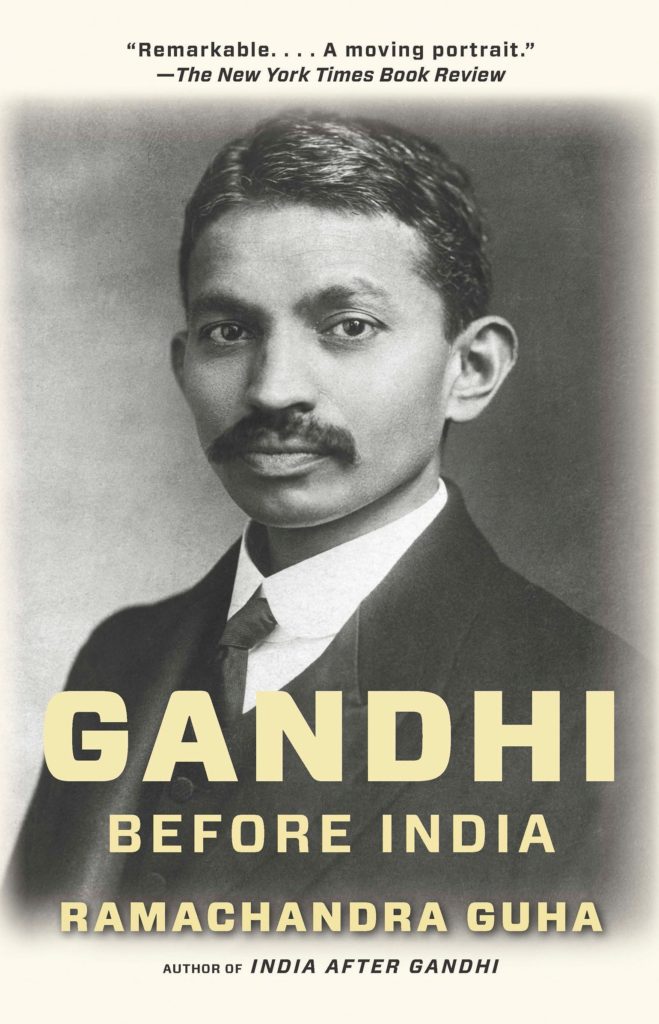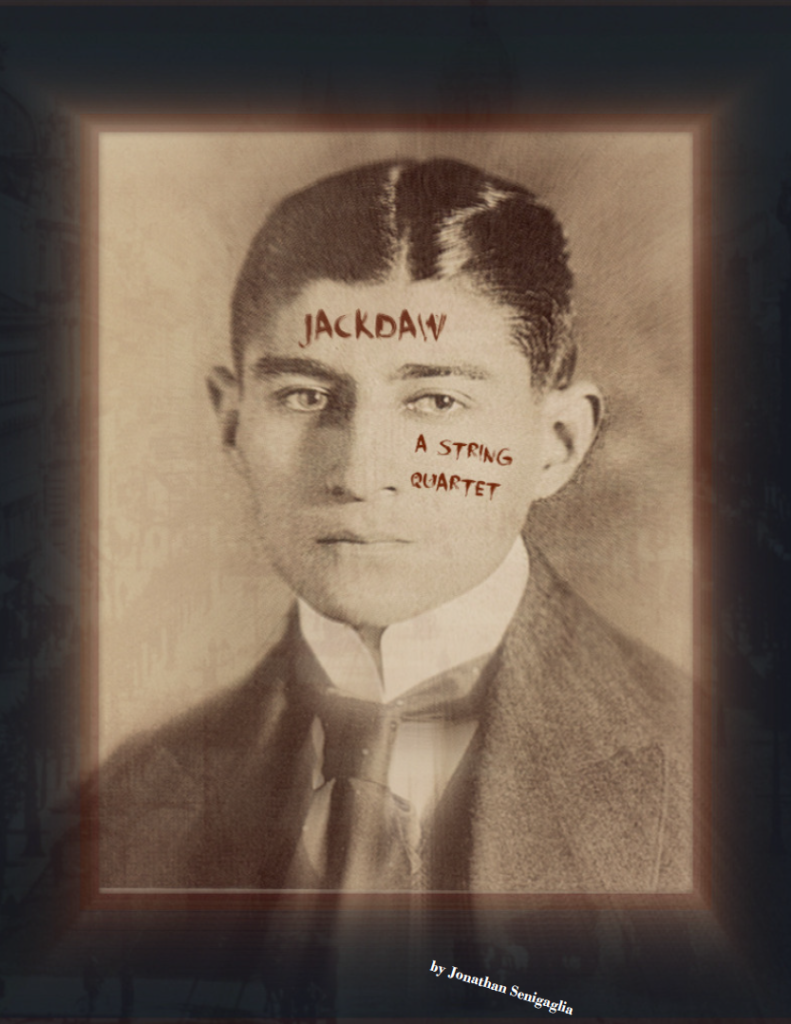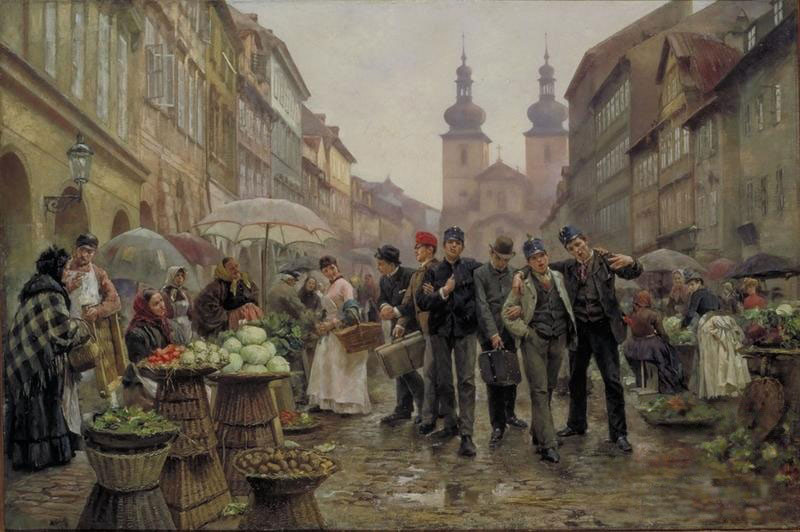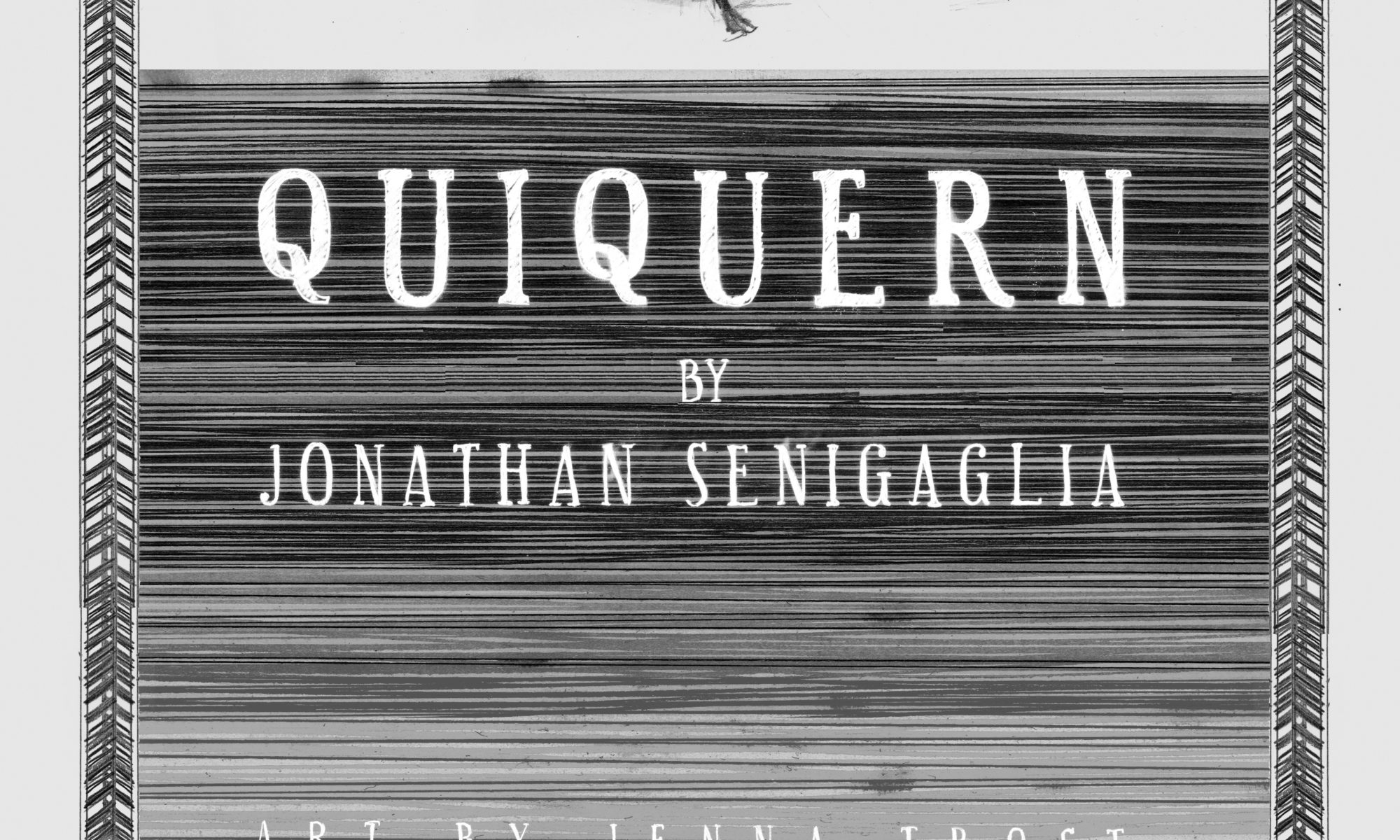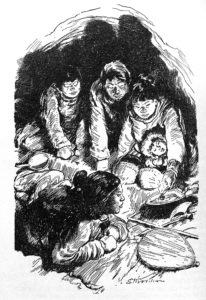The Fundamentals of Ethics by Russ Shafer-Landau

This is an easy to understand and down-to-earth introduction to the major ethical theories in western philosophy. The author does not use a professorial tone, but a conversational one, which is fitting of the subject matter. So much of ethics only make sense through discussion of concrete examples and counter-examples, and so it is helpful that the author talks things out in a more casual way, offering up understandable real-world examples along the way.
One distinct feature of this textbook is the author’s affinity for logic: he lays out tons of ethical arguments in the form of syllogisms (premise-conclusion form), and then critiques each argument to test its validity. It’s an interesting way to view ethical arguments, which in the real world are infrequently tested for logical validity. His objections to the various arguments and his defenses of them are often creative and thought-provoking. Sometimes the logical format works well with moral premises, but other times it feels oddly out of place, too strict a system for something as loosely-goosey, as slippery as human morality.
Sometimes the author, in a quest to poke holes in certain ethical theories that he seems not to agree with (such as ethical skepticism), resorts to straw-man arguments, intentionally using flawed premises (or premises that, while being easy to disprove, do not capture the full spirit of the philosophical argument at-hand) when stating the arguments he wishes to dismantle. He doesn’t do this too often, but it does stand out when he does. However, the author doesn’t talk down to the reader in any fashion. The reader is invited (required) to think critically about each of the moral arguments presented, and the author makes it clear that much more philosophical work needs to be done in all of the most controversial areas of ethics. Nowhere in the book does the author claim that there is an easy answer to difficult ethical questions or an open-and-shut case when it comes to challenging moral theories. This book is an excellent starting-off place for those who wish to do that philosophical work themselves, for those who want to walk the long and many-forked road of ethical contemplation.
Overall, the author is an even-handed referee, sorting strong arguments from flawed ones. Though I detect, despite his even-handed approach, that he embraces the theory that there are in fact objective moral truths. He spends the last couple chapters picking apart arguments that express skepticism of our ability to possess objective moral truth, and his efforts to damage skepticism are convincing though not unassailable. I walk away with a deeper uncertainty that moral truth is possible than I had before I read this. It seems that every moral rule (do not kill, do not torture, do not lie) comes with exceptions (it might be ok to kill if someone is threatening to harm your family, it might be ok to torture a terrorist if by doing so we can learn the whereabouts of a bomb that is about to detonate in a major urban area, it might be ok to lie to a Nazi officer who is seeking a family of Jewish refugees that are hiding in your basement). If there are no categorical reasons to follow any particular moral law, there may not in fact be objective moral truths. Perhaps every moral truth is subjective, based on the context of the situation, malleable. Or perhaps moral “laws” are actually just expressions of our emotions rather than objective laws (when we say “it is wrong to torture,” we actually mean “torture makes me mad, grrrrr!”). Or perhaps objective moral truth does exist, but it’s far more complicated than we realize.
This doesn’t mean there is no such thing as moral behavior in the real world (most of the time I decline to torture people), but only that perhaps morality itself is more of a human construct than many moralists would like to admit. As the author acknowledges repeatedly, there is much more work to be done on this question.
Various works by Plato: Charmides, Euthyphro, Laches, Lysis, Menexenus, and Ion.
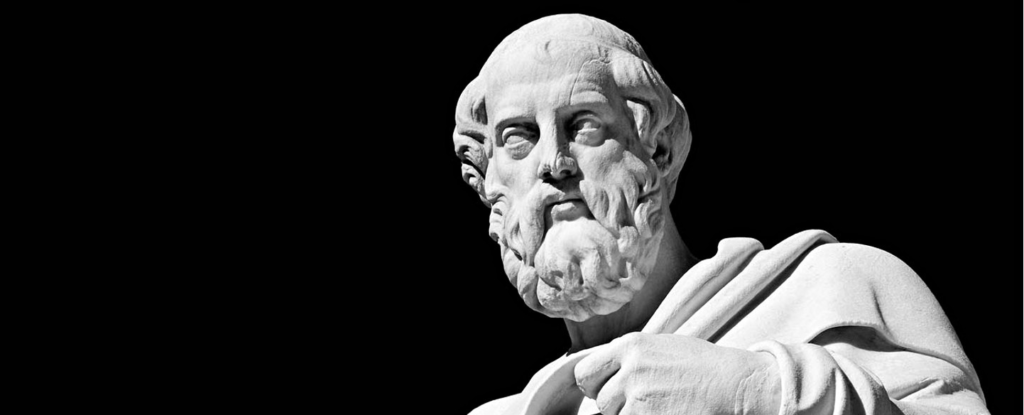
I read these all one after the other, so my head is all full of Socrates’ ancient voice. All of these dialogues show Socrates deep in conversation, challenging his friends and acquaintances in his usual insistent style. Though I too seek wisdom at the feet of the great teacher, I continue to walk away feeling uneasy whenever I drink deeply from the Socratic well.
Whenever Socrates offers up conflicting meanings of particular concepts: Charmides (temperance), Euthyphro (piety), Laches (courage), and Lysis (friendship), it seems that his main goal is to demonstrate that nobody really knows anything, or even worse, to demonstrate that those who believe they have gained knowledge are mistaken. But often all this amounts to is word-play rather than timeless wisdom. Sometimes Socrates seems to want to thoroughly confuse the conversation to such a degree that nobody is sure what is true any longer. His tactic reveals more confusion than it does truth, which may actually be Socrates’ aim.
I’ve written before about Socrates’ habit of using word-play to prove that the so-called experts are actually phonies, and that the average life of the average person is nowhere near as important or authentic or deep as the life of the philosopher. Though the quest for truth was clearly Socrates’ calling, it’s easy to see how his behavior might have annoyed his fellow citizens. He constantly questioned everyone he came into contact with. His questions often led the conversations down zany or even nonsensical paths, where words stop making sense and truth is flipped on its head. Once the victim is thoroughly confused and turned around by Socrates’ inquisition, Socrates can easily accomplish his over-arching goal: proving that people don’t know as much as they suppose.
(This is not to say that Socrates only critiques the ideas of others, and never proposes positive philosophies of his own. He certainly offers up a unique philosophy in the later dialogue Republic, and even in Euthyphro his question about pious acts – whether God loves pious acts because they are inherently right, or whether pious acts are right only because God loves them – has been a relevant question in the field of ethics for over two thousand years.)
It also doesn’t help that many of the characters in these so-called dialogues seem absolutely trusting and worshipful of everything Socrates says. So the format of the dialogue is subverted; Socrates’ logic, no matter how tortured, is rarely challenged in any substantial way. The characters that are supposed to critique, question, and counter-balance Socrates’ philosophy fail in these crucial tasks, and instead show themselves to be either pompous, one-dimensional buffoons (Euthyphro) or yes-men (Socrates’ companions in Lysis). This is fairly harmless in the low-stakes discussion about the nature of friendship, but takes a more troubling form when Socrates lectures on his political philosophy in Republic.
Menexenus has a unique format compared to the others: it’s a satire of political funeral speeches, such as the one delivered (just a generation before Socrates) by Pericles during the Peloponnesian War. Though it seems like Socrates wishes to ironically parody the Athenian tradition of giving funeral speeches (Menexenus mainly features Socrates giving a mock funeral oration), Socrates’ speech really doesn’t sound much different than a real funeral speech. In fact, Plato clearly had a knack for speech writing.
Ion is not so much a dialogue but a lecture that attempts to prove that poetry is delivered to man directly from the gods. It is pious Socrates, Socrates the teacher. His opponent Ion, the renowned performer of the poetry of Homer, has the air of a villain. He is vain and over-confident of his abilities (much like Euthyphro), the perfect target for our hero. So Socrates employs his usual tactic of trying to prove that his opponent knows nothing of that which he considers himself an expert. Ion is shown to be a phony: Socrates uses wordplay to prove that actors and performers do not actually possess an art, knowledge, or even a real skill. And though Socrates’ logic is (as usual) a bit wacky, Ion offers no competing ideas. Thus the format of the dialogue suggests this is an open and shut case by the end; Ion is rightly humiliated, and Socrates once again proves that only he understands real truth. The frustrating part for the reader is that Socrates’ argument leads to a bogus conclusion, and nobody is there to challenge it. Actors and performers do indeed practice an art form and possess a skill set. Socrates doesn’t believe this to be true because he’s got a chip in his shoulder about non-philosophers: anything of value besides Socrates’ own profession (philosopher) holds no value to Socrates, and so he relentlessly attacks any who have not chosen that path. No wonder he was widely detested.
The Dictatorship of the Proletariat by Karl Kautsky

It was fascinating to read this critique of Lenin right after reading some of Lenin’s writings from the same exact time frame.
Kautsky buys into the Leninist idea that socialist transformation is inevitable. But unlike Lenin he emphasizes (in a somewhat convoluted fashion) that socialism cannot exist without democracy. Lenin was eager to abandon democracy the very moment his party seized power, and this is really the basis of Kautsky’s scathing critique of Lenin’s tactics.
In his own way, Kautsky supports bourgeoisie democracy because it lays the groundwork for (what he perceives to be) the inevitable proletarian revolution, and allows the workers to voice their grievances and form workers parties (capitalism generally comes with liberty and freedom of speech). He believes that if capitalism continues to grow, the disenfranchised proletariat must grow with it, and so capitalism will inevitably create communism, as Marx argued. The working poor will grossly outnumber the wealthy, and so they will eventually vote their way into power. Kautsky assumes that the workers in a democracy, once given the power, will unanimously demand socialism. And so he’s not so different from Lenin, in that he believes that class interest motivates all decisions (also known as vulgar materialism). Like Lenin he has an idealistic image of a united working class all sharing the same demands and motivations, without disagreements or deviations within the ranks. This is not how real politics works, which makes the idealism of Kautsky and Lenin appear particularly quaint (and in Lenin’s case, dangerously naive). Though Lenin and Kautsky subscribe to the same brand of idealism, they disagree on the timeframe: Kautsky prefers the slow and even development of socialism over time; Lenin demands a violent and immediate revolution (any who refuse to come along with his plan must be purged).
So Kautsky and Lenin both share the same end goal, only that Lenin was too hasty to get there. What is really at the heart of this disagreement over the timeframe of the revolution is a more critical disagreement about democracy. Democracy is a crucial feature in Kautsky’s imagined revolution, and in his imagined communist society that follows that revolution. To take it even further, Kautsky believes that socialism cannot exist without democracy. Without democracy the whole plan will decay into dictatorship. In this regard he was proven right by Lenin. The Bolsheviks’ first move was the dismantling of democracy, including democracy among the workers (many of whom dissented or belonged to different parties from the Bolsheviks). By the time the Bolshevik transition to power was complete, real socialism (read: equality between all classes) was dead in Russia: Lenin’s party (read: the new ruling class) controlled all facets of government, culture, and society, while the teeming masses were disenfranchised, impoverished, and completely unable to openly voice grievances. The Bolsheviks’ so-called “dictatorship of the proletariat” was just a dictatorship, not socialism.
So Kautsky is right in the sense that socialism without democracy decays rapidly into dictatorship or single party rule. However Katusky isn’t particularly clear about how democracy will inevitably lead to socialism. While Lenin squashed democracy in order to preserve his party’s power, Kautsky sees democracy as the pathway to real socialism. But this will only happen if the vast majority demand socialism, and agree on what “socialism” should mean. Lenin rightly understood that this isn’t really feasible. The democratic electorate simply cannot come together on such a large and ambiguous goal, if all citizens are allowed to vote and speak freely. And so Lenin and his small cohort of true believers staged a sudden coup rather than allowing the masses to vote him into (which he knew they would never do), and then once in charge he destroyed all vestiges of democracy in his rise to absolute power. Was this a cynical attempt to hold onto power, or did he truly believe that by eliminating democracy he would one day create real socialism? Answer: who cares. His method led to totalitarianism, so it was wrong. It was the wrong method both for creating socialism and for governing in general (call me a consequentialist if you like).
Lenin understood, unlike Kautsky, that democracy is more likely to kill socialism than birth it, because factions within workers parties and disagreements between large swaths of the population create deadlock and stalemate and thin margins for change. Generally the most revolutionary outcomes a democracy can hope for are the sort of liberal, incremental, compromise-focused changes that we typically see in parliamentary governments. Kautsky ignores the reality of pluralism: people hold different opinions and see the world through unique lenses, and this is true even within workers parties and unions. This is a natural facet of humanity, and cannot be ignored. It is a fantasy to imagine that something as intricate as a socialist economy could ever be democratically planned and administered, or that the entire population could even be made to agree that socialism is the correct path, or even be made to agree on one single definition of socialism. Democracy is far too messy and inefficient and factional for that. There will always be disagreement and innovation and challenges to the status quo, and economic factors alone will never be the sole driver of human behavior. This is why democracy does work well with capitalism, which is also sloppy and unplanned and competitive. Pluralism is one of the driving forces of capitalism, which (like the gene pool) is strengthened by diversity. Lenin understood all of this well, and so (as a hater of diversity) sought to prevent any who opposed him from exercising any democratic power whatsoever. Lenin couldn’t allow factions or even small disagreements to flourish within the party, so he dictated to the party members (and therefore to the people of Russia) exactly what they needed to believe. The result certainly was not capitalism, but it also certainly was not socialism.
So allowing real democracy is unlikely to lead to socialism, but snuffing out democracy only leads to dictatorship and totalitarianism. Socialism fails when it’s undemocratic, and it fails when it’s democratic. I fear that the message here is that socialism is impossible.
Main Currents of Marxism, Volume 2: The Golden Age by Leszek Kołakowski

This book is a masterpiece of philosophical summary and deep-diving analysis. Kolakowski has an uncanny ability to break down and explain even the most complex philosophical arguments in a clear and concise manner. At times he plays the part of omniscient referee, diligently sorting the good ideas from the flawed ones. But never does he simply tell us that a writer’s theory is wrong; instead he identifies the holes in it and pries them open, exposes them to the light, lets the reader decide what to think.
In this book his main target is Leninism, a philosophical tradition absolutely bursting with contradiction and double-talk. Kolakowski’s even-handed tone and mind-bogglingly high level of erudition suggest that he did not intend to write a polemic against Leninism. But in the end Kolakowski’s even-handed philosophical critique of Leninism amounts to a withering indictment of Lenin’s method, his philosophical rigor, his honesty, and his contradictory actions once in power. Lenin is revealed to be a boor, a liar, a tyrant, a power-hungry despot. Kolakowski does not draw these conclusions explicitly, but instead allows the reader to do so. Perhaps Kolakowski is a masterful propagandist who possesses the ability to incept these opinions into the reader’s brain, but I don’t really believe that. Instead he just exposes various thinkers’ theories to the light, that’s all. This doesn’t mean Kolakowski is a constant critic; his analysis is so much more subtle and productive than that. If a theory has enough qualities to withstand the author’s scrutiny, it comes out stronger for it in the end. Kolakowski analyzes many Marxist ideas and traditions throughout his magnum opus, and a good portion of them – those based on sound reasoning, honest argumentation, and deep philosophical reflection – show their quality under Kolakowski’s scrutiny. It just turns out that when we shine this same light on Lenin’s theories, they wither, crack, and fall apart. They are revealed to be hollow and decrepit. (Oh dang I’m being too polemical again).
Kolakowski sees Lenin’s dismantling of Soviet democracy as the original sin of Bolshevism. Lenin’s critique of bourgeois democracy hinged on the notion that modern democracy is a sham: the propertied classes (who overwhelmingly benefit from capitalism and bourgeois law) trick the exploited masses into believing they are sovereign in order to pacify them and prevent revolution, though in reality the workers are largely disenfranchised. In other words, the masses are led by our culture, media, and propaganda (all of which is shaped by the ruling class) to believe in freedom, democracy, individualism, and the sanctity of private property, but all of that is a veil over their eyes that prevents them from noticing that they are slaves. This sentiment, borrowed wholesale from Marx, is compelling in itself. Here’s the sad irony: once in power Lenin banned all democratic expression (including dissent from the proletarians he claimed to speak for), imprisoned his political adversaries, and disallowed any political party but his own. A man who rose to power by arguing that only communism could bring authentic democracy to the masses turned out to be a despot who was so desperate to hold on to power that he fully and permanently disenfranchised the masses. To make it worse, while doing so he claimed that the new Soviet system was a more authentic form of democracy than a parliamentary system could ever be. Kolakowski punishes Lenin for this betrayal of his own principles, simply by laying out the actual actions Lenin took once in power. Turns out that listing Lenin’s achievements is enough to reveal his naked opportunism and staggering hypocrisy.
Kolakowski’s main argument, if one must be identified, is that Bolshevism did not deteriorate into totalitarianism because of Stalin (as is often argued, especially by Lenin sympathizers), but instead because totalitarianism was baked into Lenin’s philosophy from the start, despite all the noises he made about wanting to create a better democracy. Before he was even in power, Lenin fantasized about liquidating all his political opponents, using violent coercion to keep all dissenters in line, and dictating to the masses what was and was not in their best interest. He desired to create a new permanent elite (the communist party officials), but dressed it up as if he was actually abolishing all elites forever, as if his new elite would better represent the masses than could parliamentary democracy. Lenin described in detail his dream of conducting mass confiscations of all private land and surplus (see Lenin’s State and Revolution), and imagined that the bulk of the people would not only celebrate these actions but assist in the mass thievery. In reality, Lenin’s first economic policy of requisitioning “surplus” grain from peasants (or what the requisitioners considered to be surplus) led to widespread mistrust of Lenin’s new state, as well as bribery and coercion. The people did not want to give up their product to the state, and the officials in charge of snatching the goods were highly susceptible to bribes. Their only carrot for making the people obey was threat of force, and use of Lenin’s massive police state infrastructure. Meanwhile all political activity that did not “further the socialist revolution” was anathematized.
This was not Stalinism, but Lenin’s original ideas and policies, the tactics that he used when he (Lenin) was in charge. Modern lovers of Lenin argue that he truly fought for the good of the people, and that after his death it was Stalin who corrupted his ideas and policies, warping them into a totalitarian, violently repressive, hyper-bureaucratic police state. But Lenin was the true founder of Soviet totalitarianism. Kolakowski lays this bare without becoming overly angry in the process (something I would struggle with). In the end, his critique of Lenin is devastating, yet really he lets most of Lenin’s ill-conceived ideas and shameful policies speak for themselves.
What is to be Done? and State and Revolution by Vladimir Lenin


Having read a few of Lenin’s writings now, I can say with confidence that I don’t enjoy his written work. He is absolutely humorless in his tone, harsh and reproachful toward anyone who even very subtly disagrees with him, and uncompromising in his particular vision of how a revolutionary party must behave and the goals they must fight for. He believes he is the lone defender of the Truth; anyone who has even the slightest variance of opinion is a liar, fraud, chauvinist, opportunist, or traitor. There is no room for compromise, no point in discussing alternative views, no patience for philosophical objections to his worldview, no time to hear warnings of the dangers that lurk in his political program. In other words, he is insufferable.
He points his intense beam of hatred not just toward the obvious targets (capitalists, politicians, the czar), but also toward his fellow socialists who object to his heavy-handed and dictatorial approach to party management, and even toward workers who don’t conform to his narrow outlook. Reading Lenin, one gets the impression that he would gladly banish from the party (or perhaps from life itself) all those who don’t agree with him on every single point, including proletarians who refuse to convert (though he claims to fight for and speak for the working class). Pluralism is his enemy, which of course makes him the enemy of humanity as it really is: contradictory, sloppy, confused, slow to act, apathetic, open to various arguments from different parties, agnostic. Lenin is a utopian: he believes that one man is capable of unlocking the one single universal Truth that renders all other opinions invalid for all time, and wishes all humans to either conform to his plan or vanish. Only those who show dogmatic adherence to Lenin’s program get to be included in the citizenry, in his revolution, in his definition of “the people.” I have little patience for this kind of approach to politics. Even if he claims to fight for the lowest classes, he is actually an enemy of mankind. Real humans, with all their flaws, can never thrive under a system that requires a hive-mind mentality, requires us to shun anyone and everyone who disagrees with the Founder. Despite Lenin’s best intentions, the party and governmental machinery he hopes to construct will only become the perfect vehicle for totalitarian dictatorship. Lenin himself may not have intended that, but he was so vain and so convinced of the perfection of his own ideas, that he was deaf to this criticism.
For these reasons, I find myself feeling absolutely repulsed and disgusted whenever I read his writing. I want to dismantle his philosophy, shine a harsh light on all its flaws, flay it in the public square and leave it bleeding on the pavement. Why do I care? Because there are those today who still believe Lenin’s philosophy holds the key to solving the major problems of our time: wealth inequality, climate change, etc. Though I still believe that Marxism has much to teach us about our world, and perhaps (when combined with liberal democracy) can even provide us with a workable approach toward addressing problems like climate change, I firmly believe Leninism is a dead end.
Of course, Lenin would say that my opinion here is driven entirely by my class status (I suppose he’d say I’m petty bourgeoisie). But that cop-out argument is the exact reason I detest his arguments: he can’t stomach philosophical critique of his outlook, so he side-steps it by automatically invalidating all criticism by claiming it is driven by class interest. When someone raises a valid question, he slaps him down and calls him an opportunist, as if all objectors are agents for the ruling class. Personally, I fear totalitarianism and understand the value of civil rights, which is why I raised objections to Plato’s Republic. Were those objections class-driven, or perhaps driven by a genuine distaste for dictatorship?
Lenin’s early writings are dictatorial in their approach to party politics, demanding either obedience or expulsion from the party. The society he later founded exhibited these same features on a much grander scale: demanding society-wide obedience to the party, or banishment/death. The inevitable slide into totalitarianism is all right there in his writings, nakedly apparent to anyone who stops to think about what he is actually saying. Lenin claims to speak for the worker, but he only speaks for himself and his cohort of zealots (and opportunists who will ride his coattails to power). That all being said, I think it is imperative we study his work, lest we forget how easily dictatorial thinking can slip into ideology that claims to be selfless, that pretends to serve the long-suffering masses, that promises to build a better world. Just another utopian with a thinly-concealed thirst for power, a desire to be God and remake the world according to his whim. I’ll have more to say about this guy later.
The Iliad by Homer
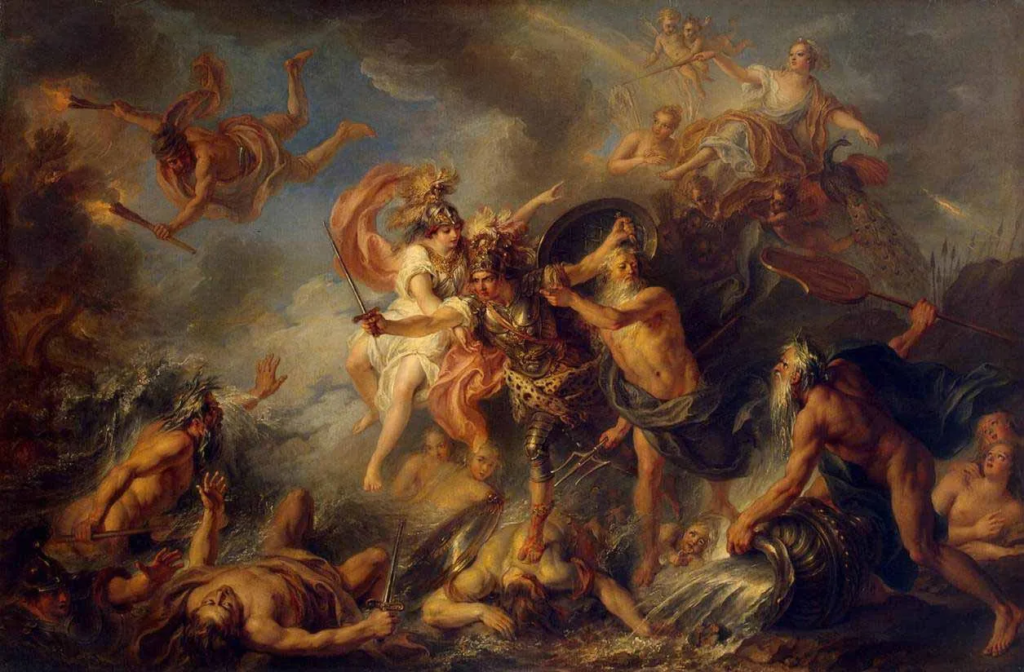
After reading a bunch of Plato, I felt like it was finally time to tackle this classic of the ancient world. Afterall Homer’s work plays an out-sized role in Plato’s Republic; it is the main target of Socrates’ program of censorship. I can understand why: Socrates wishes for the warriors in his polis to be fearless in the face of death, absolutely selfless in their submission to the will of the state, and incapable of pity or mercy or really any unmanly emotion. Therefore literature in the polis must not portray either soldiers, kings, or gods showing any of those negative (banned) attributes. But in the Iliad, a poem that was legendary even by Plato’s time (Socrates state in Republic that Homer was the poet who educated Greece), soldiers openly discuss their fears about death, the king’s authority is challenged by his subordinates, the childish gods bicker with each other and act in a petty and insolent fashion, and Achilles (the deadliest soldier in the army) whines and weeps and complains constantly about his sorry lot in life. He even sits out of the battle like a coward, all because he is so angry at the king for confiscating his favorite slave woman. While these situations push the drama forward and make the story so much more interesting, Plato can’t allow any of this in his polis. They insinuate that the heroes, the kings we are supposed to obey, and the god we are supposed to worship are all just a bunch of whiny, fearful, petty, contradictory jerks. In other words, they act like real people, and Plato can’t allow that because he is attempting to build something that resembles the Ideal. He can’t have his humans acting like humans! So Homer’s gotta go.
As for my thoughts on the Iliad: I’m glad I read it. The language is beautifully crafted and bursting with delicious similes. Many of these similes reference wild animals, nature, and farm life. These provide a closer look into what actual Greek life was like during Homer’s time (approx. 400 years before Plato). Here are a couple examples:
Like flies swarming around shepherds’ pens in spring,
when pails fill up with milk, so the Achaeans,
a huge long-haired host, marched out onto that plain
against the Trojans, eager to destroy them.
Just as goatherds sort out with ease the wandering beasts,
all mixed up in the pasture, so through all the army,
the leaders organized the troops for battle
He was like a lion
slightly hurt by a shepherd guarding his sheep flock
out in the wilds, when it jumps the wall into the pen.
But he’s not killed it. The wound rouses the beast’s strength.
The shepherd can’t keep the charging lion from his sheep,
who, left unguarded, panic. Huddled in a mass,
they crowd in on one another. So the lion,
in his hot rage, leaps over the wide sheep-fold wall.
That’s how strong Diomedes went to fight the Trojans
in his angry fury.
Aren’t those fun! Honestly though, the plot of this poem is a bit thin. Reading about how the battle went back and forth and back and forth, over and over, and this guy slayed that guy and on and on, it started to feel like I was reading a written account of an Ancient Greek football game, every play written out in epic poem style. In other words it got a bit dull (try describing a football game, play by play, and see if you can keep it interesting). The poem is also surprisingly violent, full of graphic descriptions of slaughter and atrocities. The main characters are all mass murderers, many of them openly reveling in the bloodbath. They have absolutely no problem with slavery, pillage, desecration of their enemies’ corpses, and wholesale butchery. As a fan of history, I appreciate how this draws the reader back to a bygone era, revealing the warped psychology of the Ancient Greek warrior-nobility.
But in the end, I much preferred the Histories of Herodotus to the Iliad. Both are beautifully written, but Herodotus delivers so much more plot and insight into the cultures of the world, so much more varied and deep perspective on he goings-on of man. Homer’s work only gives us a single perspective: those of the warrior-nobility. Homer is blind to the plight of slaves and common soldiers, completely uninterested in the perspective of those who might view the rape and pillage of a city as gross injustices. He’s a man of his time. Herodotus offers up something that feels, at least to me, more timeless.
The Open Society and its Enemies, Vol. 1: The Spell of Plato by Karl Popper

I’m not sure if I was just naturally disinclined to disagree with Plato’s political philosophy, or whether instead Karl Popper incepted the dislike of Plato into my brain. I feel like I probably would have disagreed with Plato no matter what (Plato is a totalitarian idealist after all), but Karl Popper gave me all the tools to turn my vague discomfort into sharpened arguments. I’m sure that a fan of Plato would tell me that it’s an awful blunder to read Popper’s scorching critique of Plato side by side with Republic. Shouldn’t I let Republic stand on its own merit without allowing a critic to tear it apart before I’ve even had a chance to enjoy it? Look, I want to give Plato a chance and all, but I’m so very glad I read Popper’s work, so glad. I am fully under his sway, I’m captivated. I lapped up his critiques like a hungry puppy! Frankly he nails it. He pinpoints exactly what is wrong with idealistic totalitarian thinking. I am so excited to read part two, where he tackles Marxism. I imagine he has much to say about philosophy’s other most famous idealist (yes I know Marx was a materialist, but I also believe he was deeply idealistic in his prophesies about the future, his opinions on human nature, and his belief that class is the ultimate defining feature on one’s life). Popper is a philosopher of science, which means he cares very deeply about scientific method, and about only using the word ‘science’ to describe actual science (not pseudo-science). For example, after reading Popper one realizes how laughable is the notion that a revolution – where so many factors all change at once – can ever be ‘scientific.’ Yet in Marxism there is a belief that if we apply the scientific tools of Marxism, we can not only orchestrate a socialist revolution, but then scientifically engineer a society that can maintain communism and radical democracy. Popper might not flatly argue that the goal itself is impossible, but only that it is absurd to imagine that any part of that chaotic process would be handled ‘scientifically.’ Popper also rejects the notion that history has patterns that, once understood, allow us to predict future historical patterns. Therefore Plato’s theory of history (that history started with the ideal Forms and degenerated over time, but if we make certain changes to society we can return to the ideal that was lost) is hogwash, as is Marx’s prophesy that eliminating capitalism will usher in an era of communism. Anyhoo, I loved this book. I haven’t read an author I agree with more than Popper in a while; I can feel his influence shaping my long-term thinking about philosophy, science, and politics.
Republic by Plato

You can find my thoughts on Republic here:
Crito by Plato

You can find my thoughts about Crito here.
Write No Matter What: Advice for Academics by Joli Jensen

This book is a treasure trove! Though I am not a true academic, I not-so-secretly wish I was one, and this book spoke directly to me. Here are some of the nuggets of wisdom I picked up:
- Write for 15 minutes per day no matter what. If all you feel is frustration and lack of creativity, write about that. The act of writing will expunge those negative feelings and bring you closer to resolving them.
- Close the door to distractions. You have to be willing to shut the rest of the world out for a brief time every day so that you can give your writing the full focus it deserves.
- Aim for craftsmanship, not performance for others. You do not need to impress anyone, and your work need not be a timeless masterpiece. Think like a carpenter learning to construct a great rocking chair. It may take many iterations, and each time he learns from his mistakes and makes subtle (or drastic) adjustments to his design, process, and execution. The goal is not to create the world’s greatest rocking chair, a chair that belongs in a museum or on an alter. The goal is to improve steadily, to work on your chops, to gain experience. With this attitude always at front of mind, the pressure of performance dissipates and writing becomes fun and relaxing, a release valve for built-up tension and intellectual backlog, an activity we look forward to.
- Save productive minutes for this work, don’t wait til you’re depleted. If you are most productive in the morning, spend 15 minutes writing during that time. You can spare 15 minutes. Don’t wait until midnight, when your brain is shutting down. Write when you are fresh and most productive.
Archives
2022 Book Reviews
2021 Book Reviews
2020 Book Reviews

